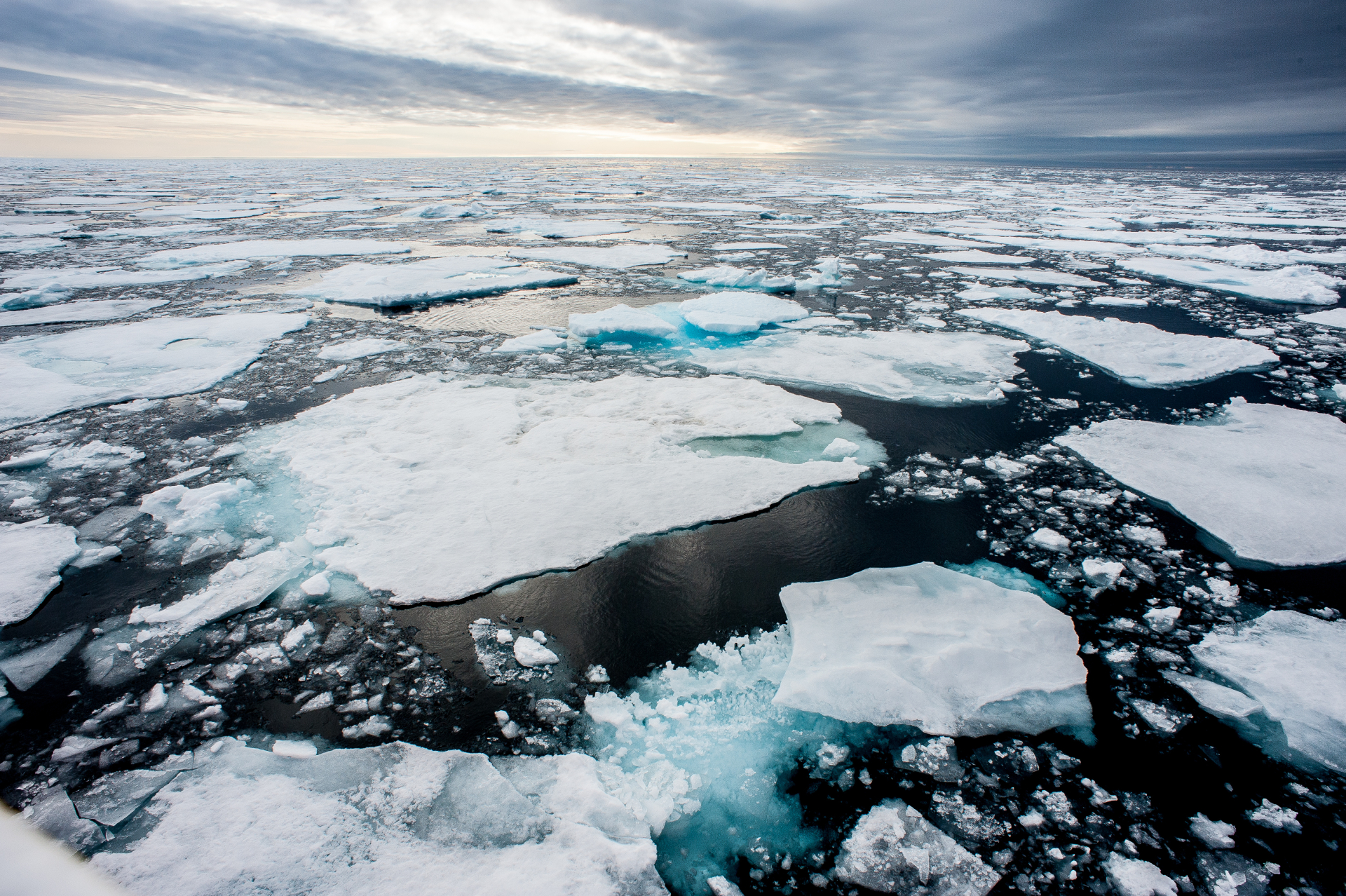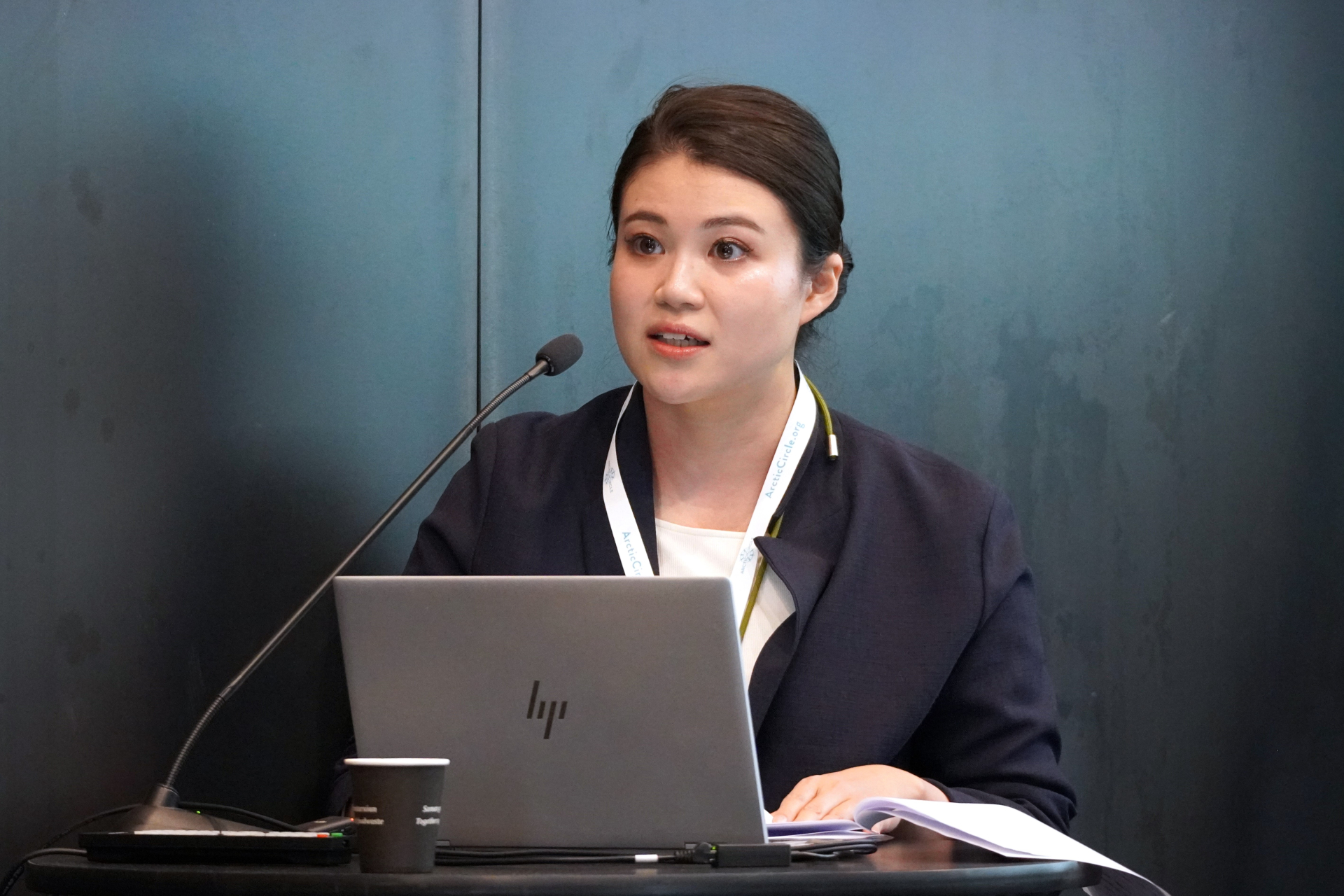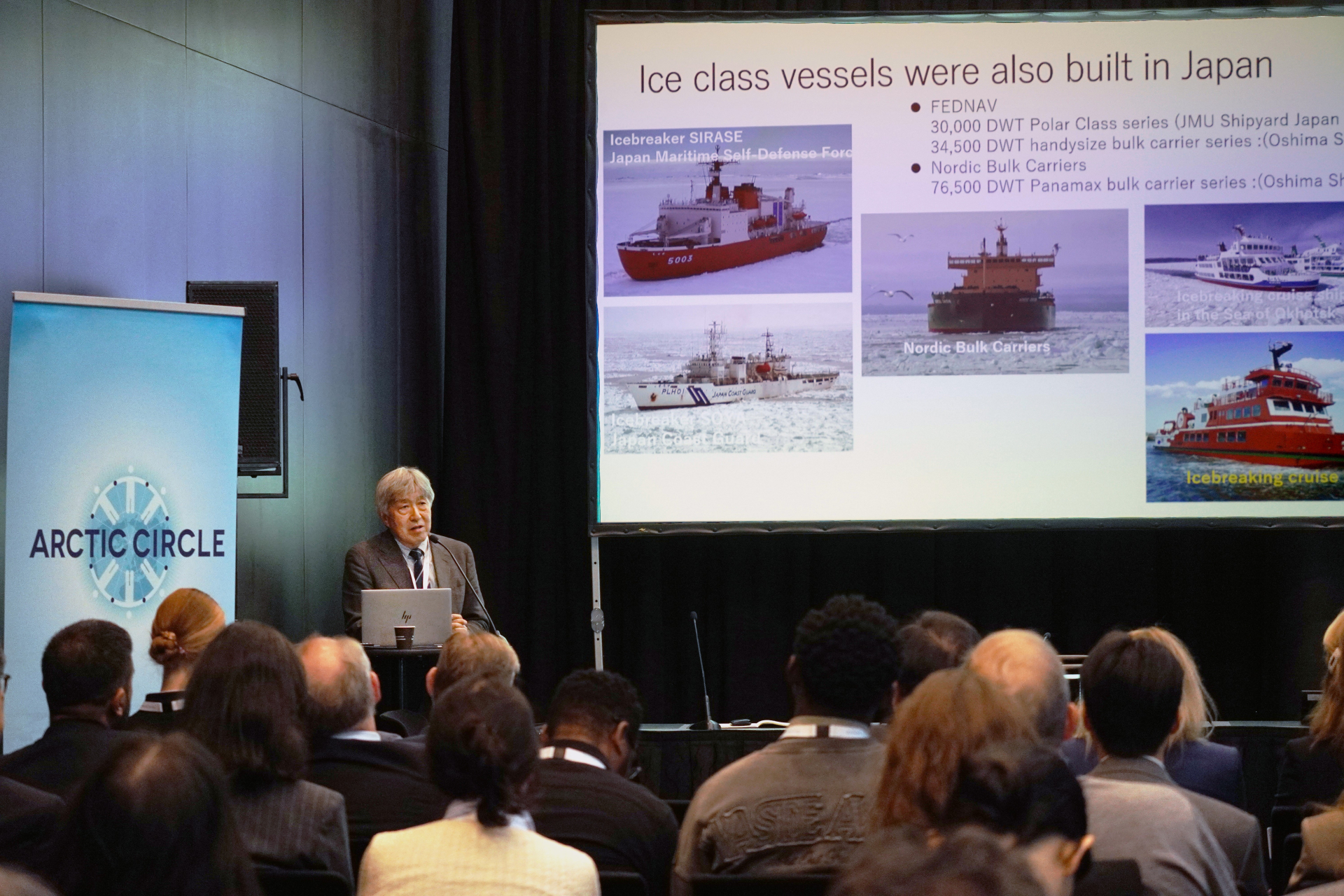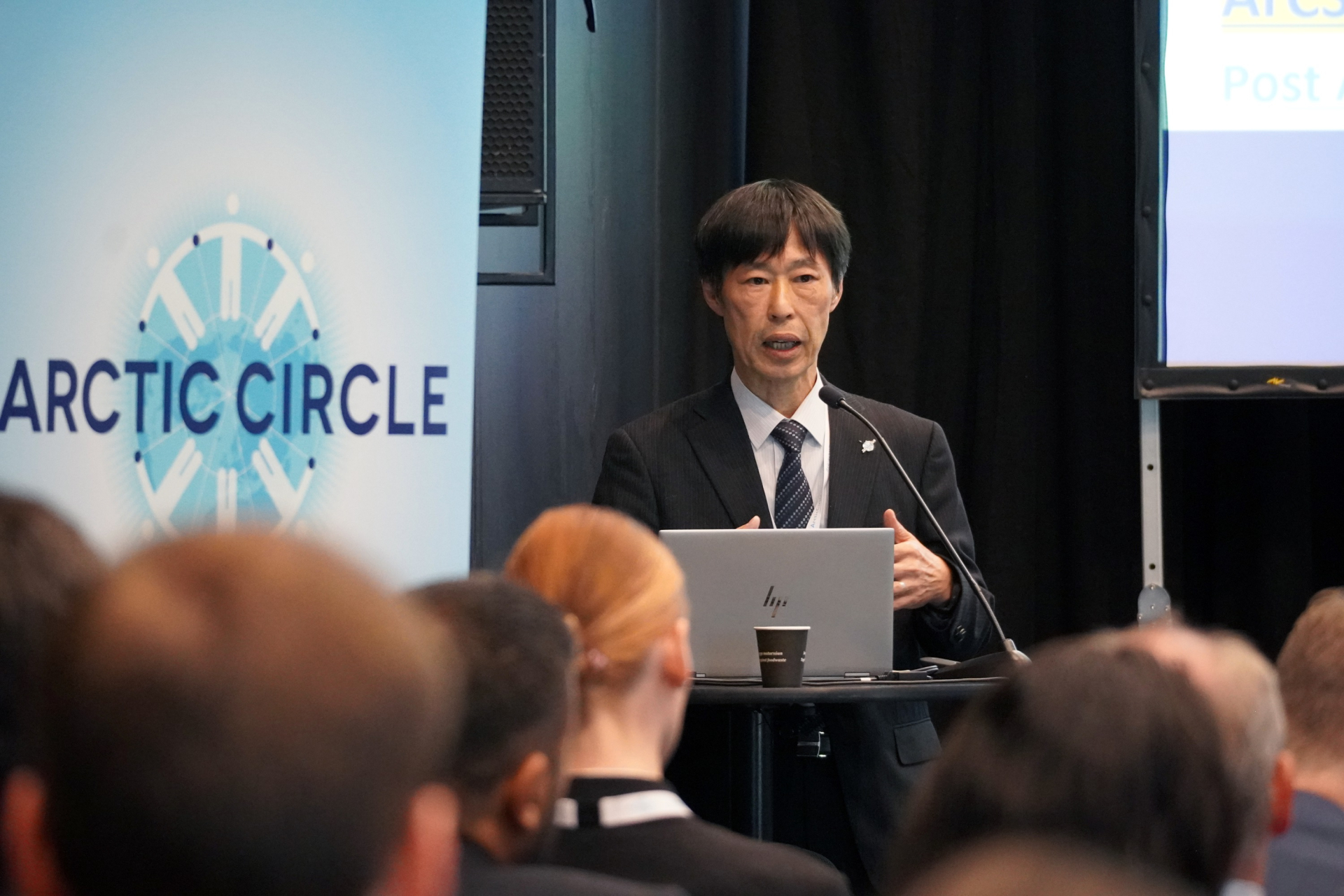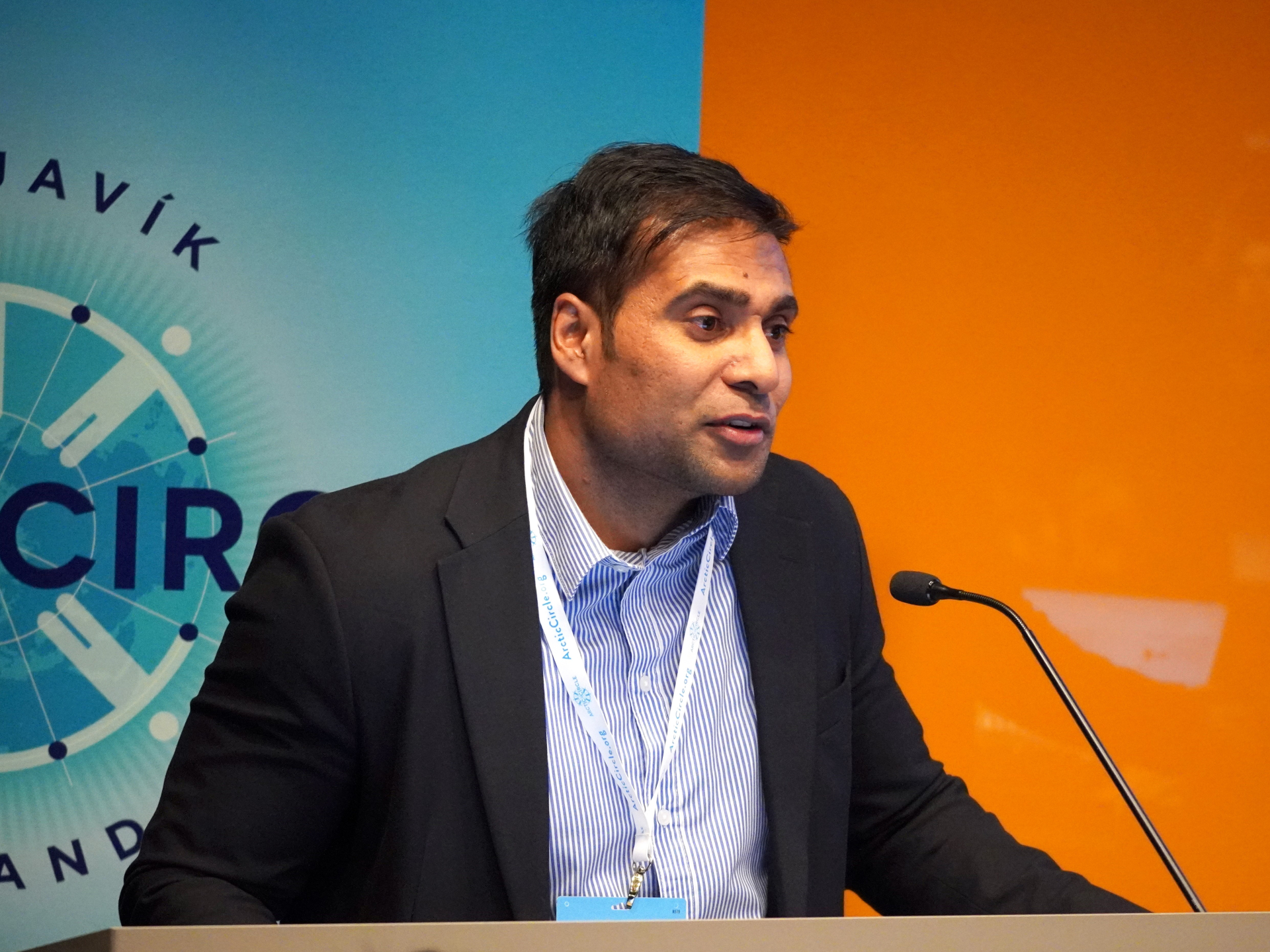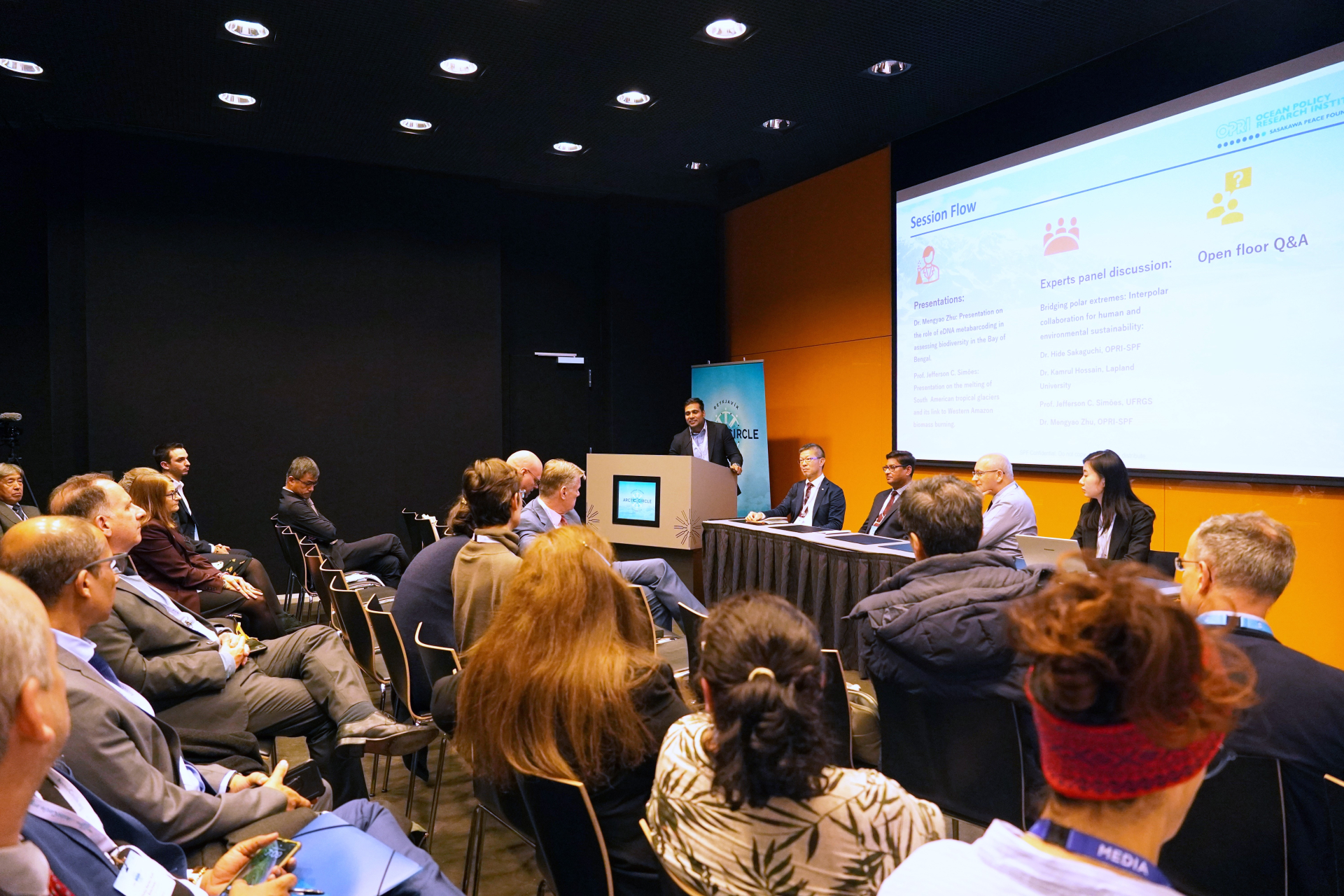The Arctic region – an area at the northernmost point of the earth made up of vast oceans, glaciers, and the territory of eight countries that stretch above the Arctic Circle – is warming at an alarming rate. With temperatures in the Arctic estimated to be rising
nearly four times faster than the rest of the planet, rapidly melting ice is leading to sea level rise, biodiversity loss, and other environmental consequences with impacts felt around the world.
In the face of this urgent threat, the Ocean Policy Research Institute (OPRI) of the Sasakawa Peace Foundation (SPF) has been active in international gatherings seeking to bring together the global community to deepen collaborative ties. One such event is the annual
Arctic Circle Assembly, which has been held in Reykjavic, Iceland since 2013, and brings together experts, policymakers, business, and other stakeholders to focus on the future of the Arctic. For the most recent Assembly, held in October 2024, OPRI arranged two sessions: “Achievements of Japan’s Arctic Cooperation” and “Arctic to Third Pole: Unified Strategies for Global Sustainability,” while also participating in meetings on the sidelines of the event with partners from around the world.
